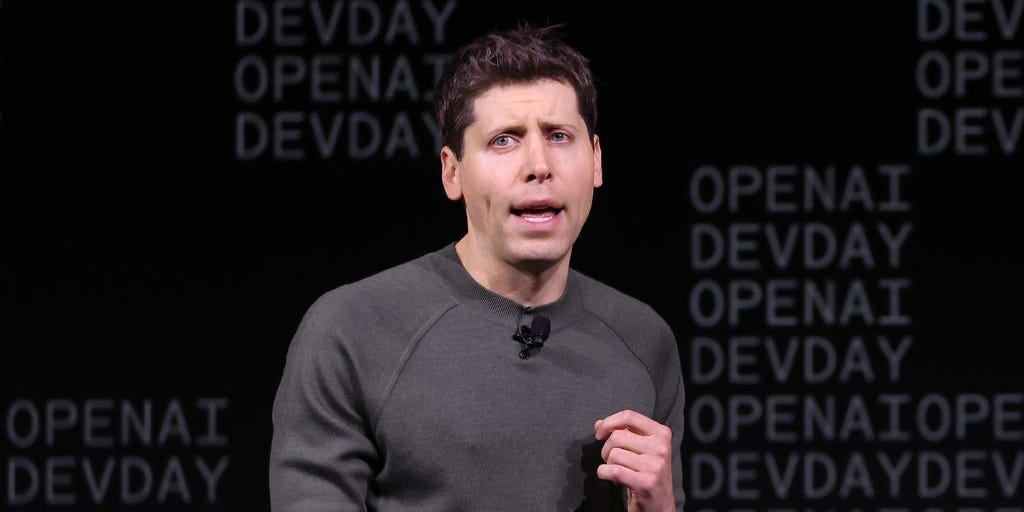OpenAI et ses concurrents poursuivent la course à l’AGI

OpenAI’s Struggles with ChatGPT and Voice Recognition Upgrades
Sam Altman recently shared an “early demo” of ChatGPT, sparking a wave of interest in generative AI. Companies like Microsoft, Apple, Google, and Meta heavily invested in this technology, while startups focused on it received significant funding.
OpenAI became a key player in the quest to develop human-like artificial general intelligence. However, challenges emerged along the way, with the initial ChatGPT demo exposing issues like hallucinations and factual inaccuracies.
Delays and Setbacks for OpenAI
OpenAI faced delays in delivering the anticipated upgrade to its chatbot’s “voice mode” feature. The existing voice feature, launched in September 2023, struggled with conversation fluidity, tone detection, and managing multiple speakers and background noise.
The company postponed the release of the upgraded voice feature to address concerns about content detection and scalability.
Challenges for OpenAI’s Other Projects
While the voice mode encountered difficulties, OpenAI’s Sora model, which generates videos from text prompts, remains without a release date. Google’s Sundar Pichai even suggested that OpenAI’s training methods for Sora may have violated YouTube’s policies.
OpenAI introduced GPT-4o, a cutting-edge multimodal AI model, in May. However, rival company Anthropic unveiled Claude 3.5 Sonnet, showcasing superior performance in coding and reasoning tasks compared to GPT-4o.
Competition and Collaborations
Although OpenAI continues to face challenges, it recently struck a partnership with Apple to integrate ChatGPT into Apple devices. This collaboration grants OpenAI access to Apple’s massive user base of over 2 billion active devices.
While this partnership brings significant exposure for OpenAI, Apple’s non-exclusive arrangement highlights their willingness to engage with other AI companies.
Source : www.businessinsider.com





